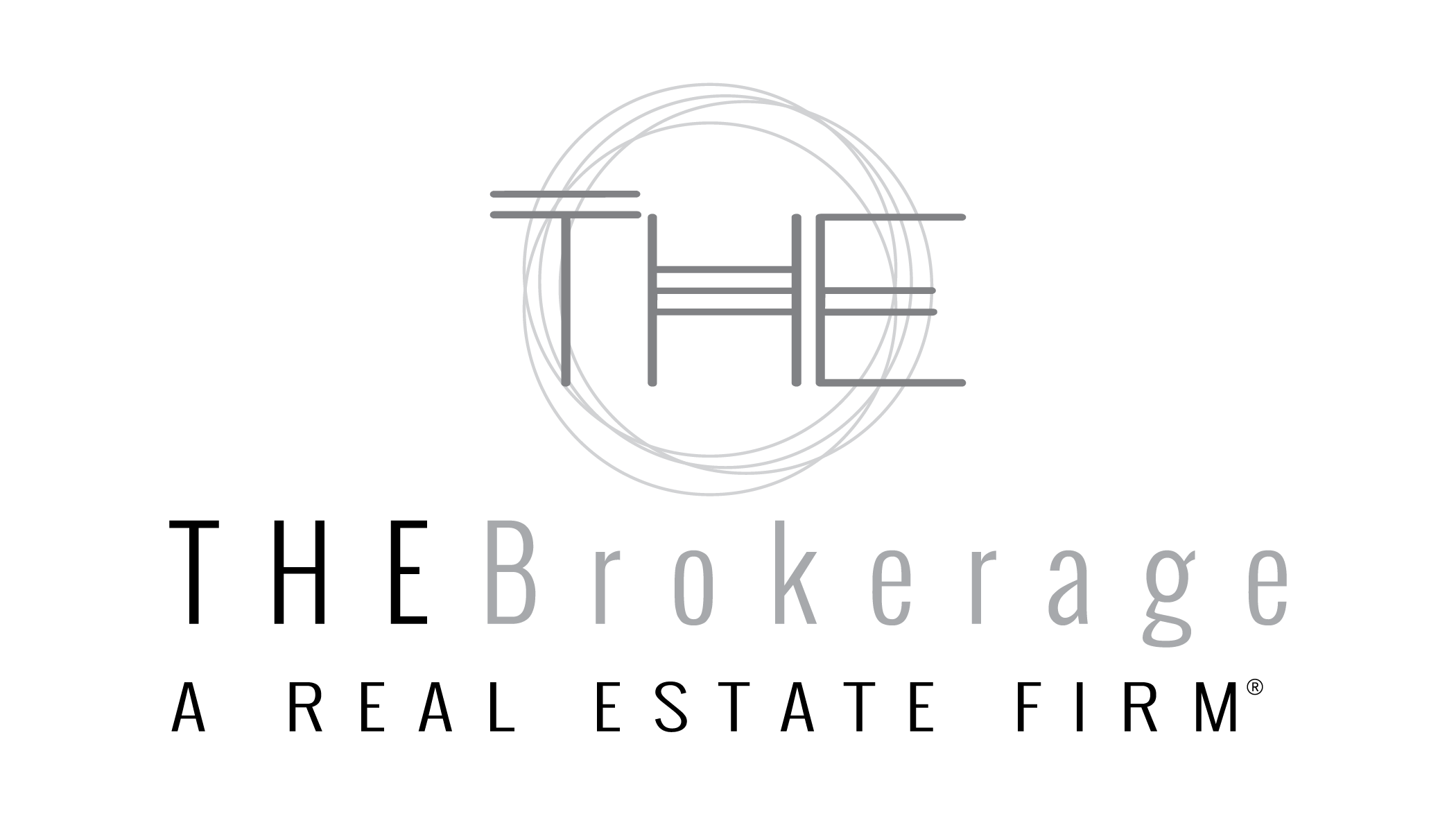Why Hiring a Property Management Company in Las Vegas is a Smart Investment

Owning rental property in Las Vegas, Summerlin, or Henderson can be a lucrative investment, but managing it effectively requires time, expertise, and attention to detail. A property management company in Las Vegas can help maximize your rental income, minimize tenant issues, and ensure smooth operations—allowing you to enjoy passive income without the day-to-day headaches.
What Does a Property Management Company in Las Vegas Do?
A professional property management company takes on the full responsibility of managing your rental property, including:
- Marketing & tenant placement – Listing your property on top rental platforms and finding qualified tenants.
- Tenant screening & lease management – Conducting background checks, handling lease agreements, and ensuring compliance with Nevada rental laws.
- Maintenance & repairs – Managing routine maintenance and emergency repairs with trusted vendors.
- Rent collection & financial reporting – Enforcing timely payments and providing detailed financial statements.
- Legal compliance & evictions – Handling lease enforcement, legal notices, and eviction proceedings when necessary.
By hiring a Las Vegas property management company, you gain peace of mind knowing your investment is in expert hands.
Top Benefits of Hiring a Property Management Company
1. Reduce Vacancy & Maximize Rental Income
A vacant property means lost revenue. Professional property managers use data-driven pricing strategies and targeted marketing to fill vacancies quickly and keep your rental priced competitively for the Las Vegas market.
2. Find Reliable, Long-Term Tenants
Tenant issues are one of the biggest risks in rental property ownership. A thorough tenant screening process ensures only high-quality renters are placed in your property, reducing turnover and minimizing costly evictions.
3. Stay Compliant with Nevada Rental Laws
Landlord-tenant laws in Nevada are constantly evolving. A property management company in Las Vegas ensures your lease agreements, security deposit handling, and eviction procedures comply with state and federal regulations, protecting you from legal risks.
4. Hassle-Free Rent Collection & Financial Management
A professional property management company streamlines rent collection, enforces late fees, and provides detailed monthly financial reports, so you always know how your investment is performing.
Las Vegas: A Prime Market for Rental Property Owners
Las Vegas continues to be a top destination for real estate investors due to:
- Strong rental demand fueled by job growth and a thriving economy.
- High occupancy rates with a steady influx of new residents.
- No state income tax, making it attractive for property investors.
- Diverse tenant base, including professionals, students, and retirees.
Hiring a property management company in Las Vegas allows you to take full advantage of these market conditions while avoiding the operational challenges of being a landlord.
Partner with The Brokerage for Expert Property Management
At The Brokerage, we provide full-service property management in Las Vegas, Summerlin, and Henderson, helping landlords maximize returns and simplify their rental business.
Call us at (702) 476-6000 or contact us here to schedule a free consultation!

